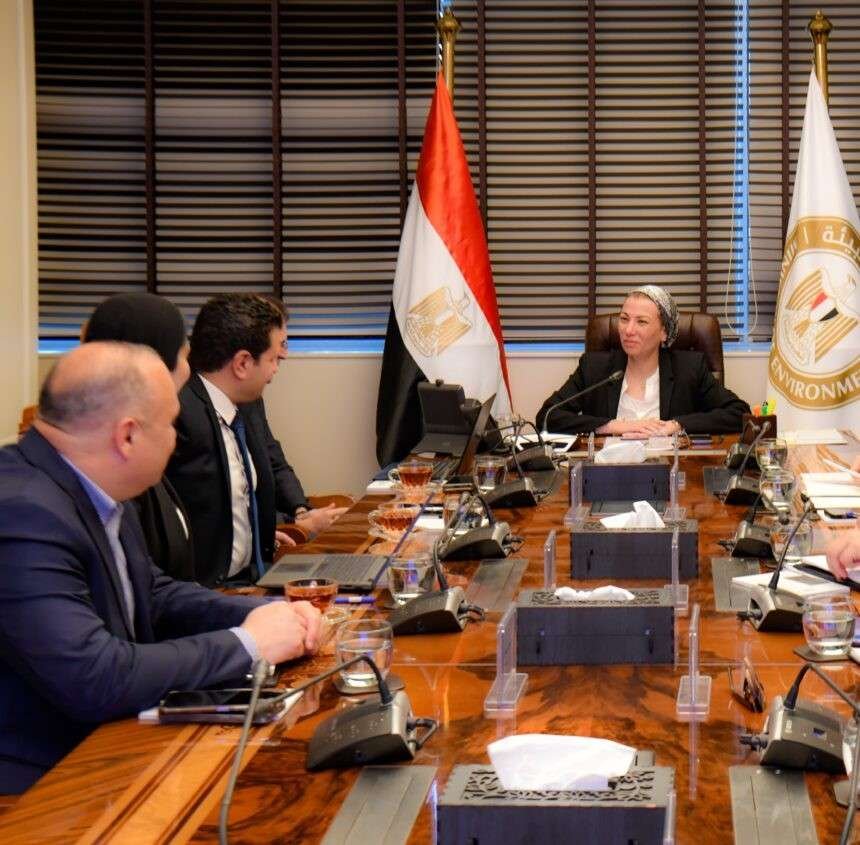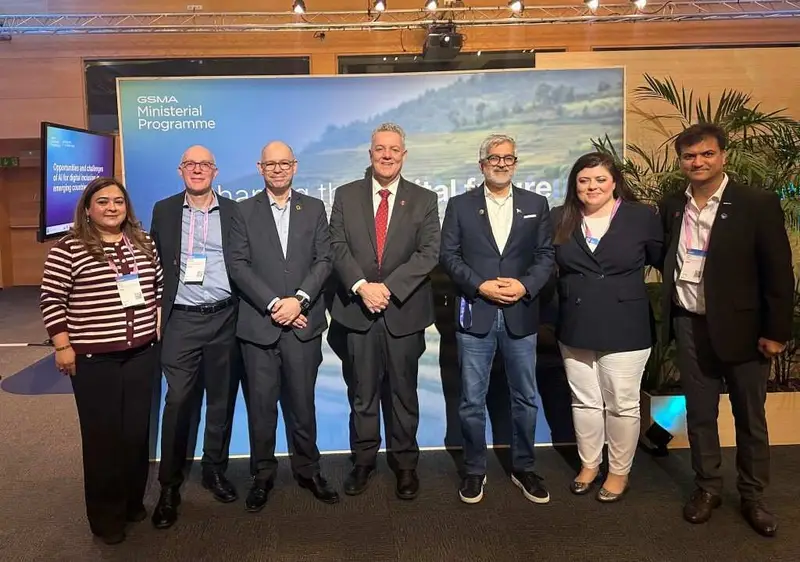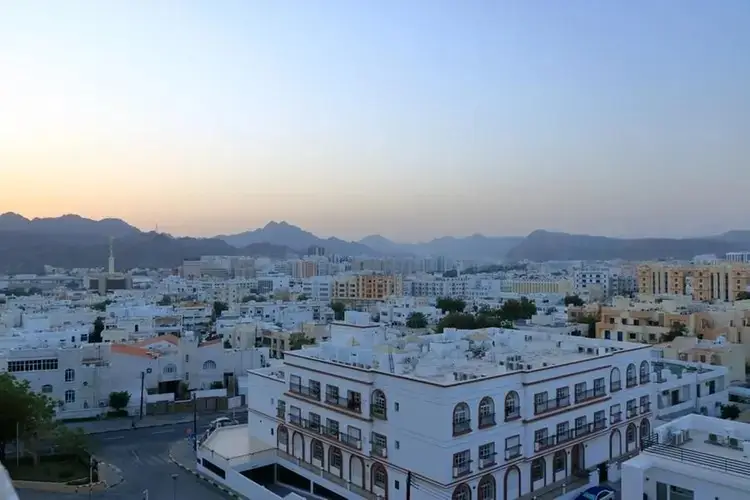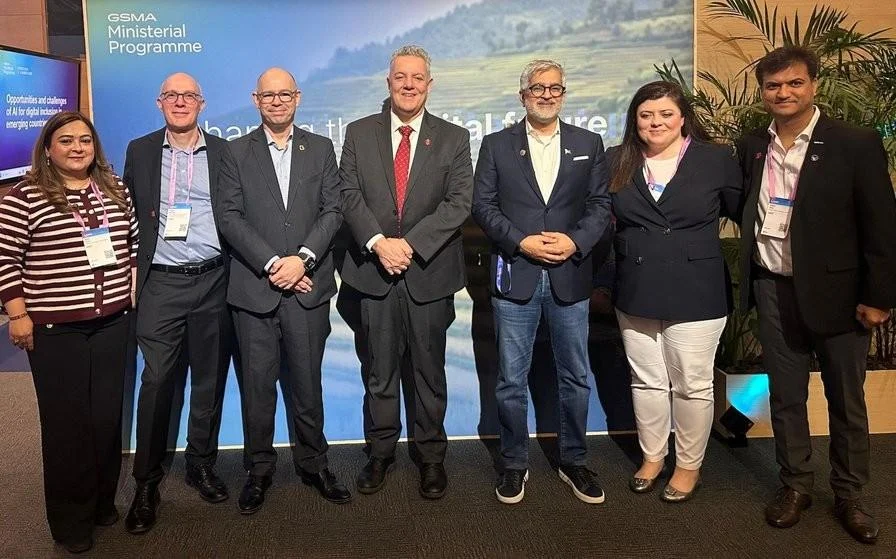Egypt’s Minister of Environment, Yasmine Fouad, recently met with representatives from Jordan’s Tajanus Group for Ownership and Commercial Projects to discuss a smart digital solution for waste collection and management developed by the company.
The meeting, held at the Ministry’s headquarters in the New Administrative Capital, was attended by Ali Abu Sena, CEO of the Egyptian Environmental Affairs Agency, Yasser Abdullah, Head of the Waste Management Regulatory Authority, and other senior ministry officials.
Minister Fouad emphasized that Egypt already operates a national digital waste data management system. Developed by the Waste Management Regulatory Authority, the platform facilitates the electronic issuance of licenses and permits for waste-related activities, including hazardous materials. It serves as an integrated tool for collecting, storing, and analyzing waste management data across the country, with ongoing upgrades to improve its efficiency.
During the session, Tajanus Group representatives presented their digital platform, which includes a mobile application that allows users to easily request waste collection services. The system enables licensed service providers to dispatch collection vehicles based on the type and classification of waste, optimizing logistics and efficiency.
The platform aims to support a circular economy—from consumption to recycling—by leveraging big data to assist recycling companies in planning storage capacity, expansion strategies, and recycling initiatives based on real-time demand trends.
Additionally, the system offers a centralized dashboard for authorities to monitor collection points, track service provider performance, and ensure waste is disposed of by licensed entities. It provides real-time analytics and reporting tools to help stakeholders make informed decisions about scaling operations.
Minister Fouad highlighted Egypt’s waste challenge, noting the country generates approximately 60,000 tonnes of waste daily, equating to around 25 million tons annually. She reiterated the state’s commitment to building an integrated waste management infrastructure, including recycling plants, secure disposal sites, and private-sector partnerships for waste collection and real-time monitoring.
Fouad instructed relevant officials to collaborate with the New Urban Communities Authority to evaluate the feasibility of adopting the proposed digital system. She also emphasized the potential for private-sector involvement to inform investment strategies and target high-density areas for service expansion.















